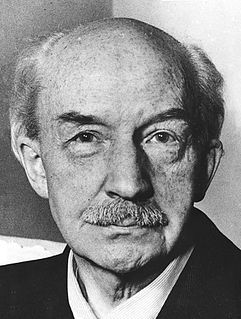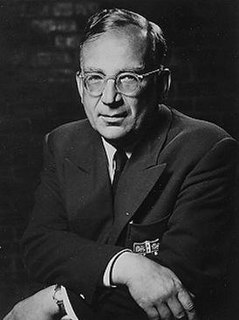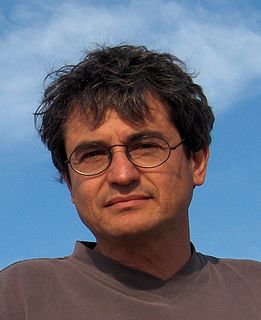A Quote by Walther Bothe
During this time I had the singular good fortune of being able to discuss the problem constantly with Einstein. Some experiments done at Einstein's suggestion yielded no decisively new result.
Quote Topics
Related Quotes
Einstein and the Quantum is delightful to read, with numerous historical details that were new to me and cham1ing vignettes of Einstein and his colleagues. By avoiding mathematics, Stone makes his book accessible to general readers, but even physicists who are well versed in Einstein and his physics are likely to find new insights into the most remarkable mind of the modern era.
They say much about the Einstein's theory now. According to Einstein the ether does not exist and many people agree with him. But it is a mistake in my opinion. Ether's opponents refer to the experiments of Maykelson - Morli [Michelson-Morley] who made attempts to detect the Earth's movement relative to the fixed-bed ether. These experiments failed, however it didn't mean the ether's non-existence. I always based as fact the existence of mechanical ether in my works and therefore I could achieve positive success.
By the time 1967 had rolled around, general relativity had been relegated to mathematics departments... in most people's minds, it bore no relation to physics. And that was mostly because experiments to prove it were so hard to do - all these effects that Einstein's theory had predicted were infinitesimally small.
A. Douglas Stone, a physicist who has spent his life using quantum mechanics to explore striking new phenomena, has turned his considerable writing skills to thinking about Einstein and the quantum. What he finds and makes broadly understandable are the riches of Einstein's thinking not about relativity, not about his arguments with Bohr, but about Einstein's deep insights into the quantum world, insights that Stone shows speak to us now with all the vividness and depth they had a century ago. This is a fascinating book, lively, engaging, and strong in physical intuition.
Senator Rand Paul reflected on Mitt Romney's potential 2016 campaign and said, 'It's sort of what Einstein said, that the definition of insanity is to do the same thing over and over again and expect a different result.' When someone told him Einstein didn't actually say that, he said, 'In the words of Gandhi, 'My bad.''
Yet as I cast my eye over the whole course of science I behold instances of false science, even more pretentious and popular than that of Einstein gradually fading into ineptitude under the searchlight; and I have no doubt that there will arise a new generation who will look with a wonder and amazement, deeper than now accompany Einstein, at our galaxy of thinkers, men of science, popular critics, authoritative professors and witty dramatists, who have been satisfied to waive their common sense in view of Einstein's absurdities.
Much later, when I discussed the problem with Einstein, he remarked that the introduction of the cosmological term was the biggest blunder he ever made in his life. But this "blunder," rejected by Einstein, is still sometimes used by cosmologists even today, and the cosmological constant denoted by the Greek letter ? rears its ugly head again and again and again.


































